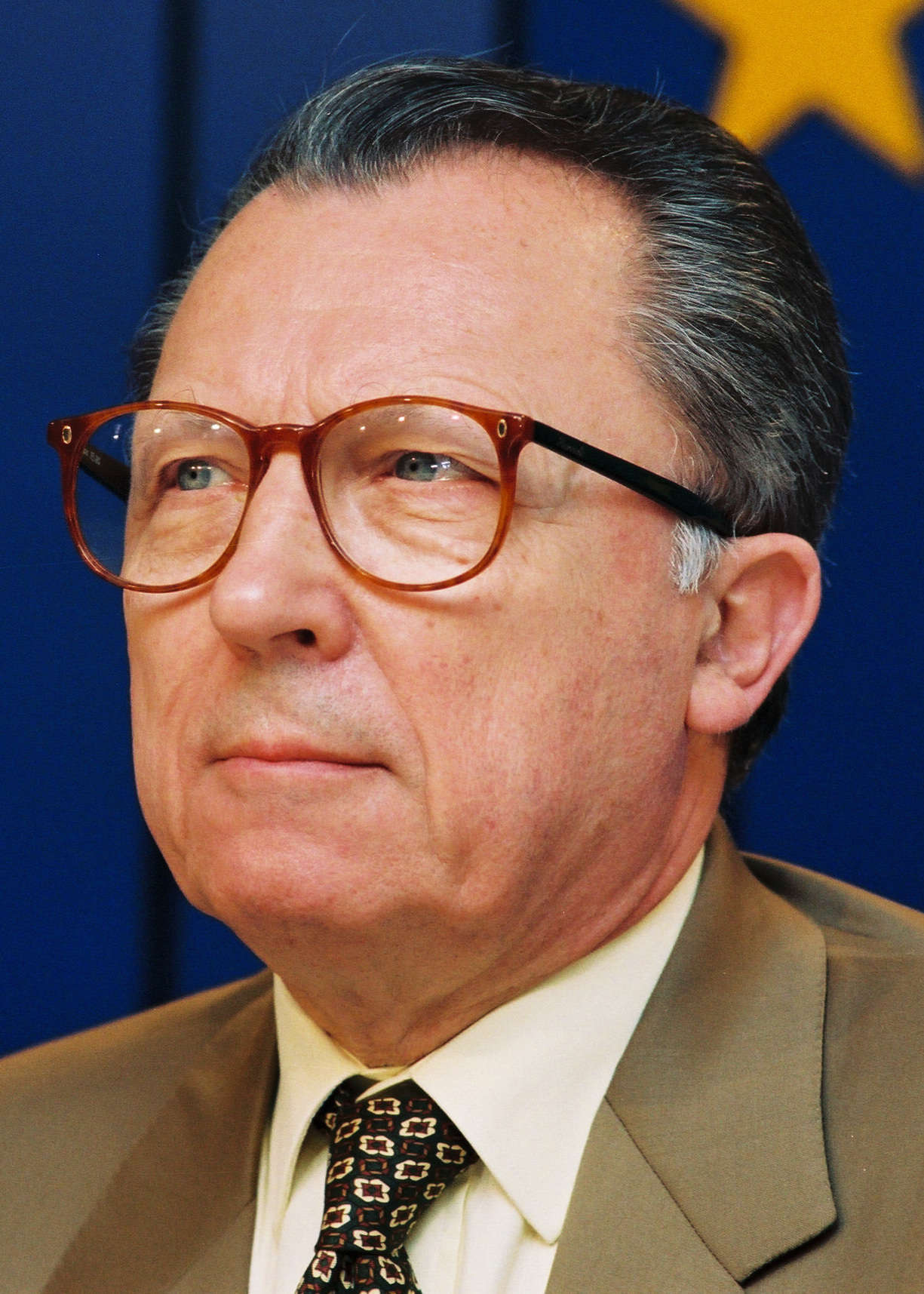When Jacques Delors died in 2023 aged nearly 100, there was nationwide recognition in France of his towering, still oh-so-discreet, place in French and European history of the second half of the twentieth century. His background, vast achievements and influence can easily be found on line. This text is a homage from the perspective of his association with UNESCO.
Delors had a strong worldview that embraced social consciousness and responsibility. He also recognized (unlike many thinkers and politicians) that incremental change is as important, if not more so, than destruction, however creative the latter might be, intentionally or unintentionally. He was not one for big statements or displays of power where he played the main role. He often cited one of Gramsci’s letters from prison: “I’m a pessimist because of intelligence, but an optimist because of will”. Delors’ affiliation with UNESCO was a sideline to his immense portfolio, but it was not trivial to him or to UNESCO.
In the early 1990’s the Director General of UNESCO, Federico Mayor, felt it would be time to revisit UNESCO’s thinking on education, twenty years after the publication of Learning to Be. In 1993, he managed to interest Jacques Delors in presiding a new UNESCO education commission, although Delors was still the President of the European Commission. The UNESCO International Commission on Education for the Twenty-first Century had fifteen members, chosen jointly by Delors and Mayor. It was a modest affair. We decided on a meeting in each of the UNESCO regions (Africa, Arab States, Asia and the Pacific, Europe and North America, Latin America and the Caribbean), a few seminars, and a series of consultations and submissions by writing, over a year and a half.
Delors had a lifelong interest in education, and in lifelong education. He completed a higher education degree after working for several years and was keenly aware that this opportunity was scarce for most people in France. As an advisor to a French prime minister, he spearheaded path-breaking legislation obliging businesses with more than ten employees to set aside funds for in-service training and learning. It was his guidance and inspiration that resulted in the EU student exchange program Erasmus and its subsequent programs at higher and secondary levels. He was committed to a vision of society that went beyond the economic to embrace and encourage social and cultural ties within and among countries of Europe. So, although his acceptance to fit UNESCO into his packed schedule was somewhat surprising, it turned out to be utterly in character.
His stewardship was, as I quickly learned, a mix of both intense interest and careful priority-setting. When he scheduled time for a meeting of any kind, he was engaged, available and quite informal. He had a reputation for a fiery temper that I never witnessed, possibly because the UNESCO Commission did not have much crisis embedded in it, unlike the European Commission daily functioning.
I retained some of my most valuable life lessons from this period. Delors was a born teacher, asking questions rather than giving instructions. Instead of criticism, he tended to keep on questioning until one understood having made errors of assumption or neglected known facts or approaches. His interactions with peers were the same. He was self-confident enough never to belittle people who worked with him, and on the contrary chose to publicly express appreciation for what he considered good performance or insights. He never missed an opportunity to learn. A chauffeured ride with airline staff from the executive lounge to the airplane was an opportunity for him to make contact with the chauffeur and ask questions about her work, training, or aspirations. An unknown item on a menu in Santiago de Chile elicited questions to the waiter that ranged from cuisine to agriculture. He definitely had a sense of humor. Once, in a pause in an intense working meeting he asked me “So tell me, what really turns you on?” I replied, truthfully, “Being around people who are more intelligent than me”. He chuckled and said, “Well then, you won’t often be bored in life. ”He had some very typically French areas of personal interest, among which were cinema, jazz (and French “chansons”) and cycling. He would occasionally decorate a professional discussion with a reference to something from his vast private knowledge bank, a line from a song or a movie, perhaps, or a quotation from a cycling champ.
For the first meeting of the Commission, in Paris, Delors decided on an open agenda. We had, I believe, five or six hours, that began with Delors’ question: “How would you define modernity?” Some shuffling of seats ensued and then he went around the table. At first, it seemed an incongruous question to ask, but it quickly became obvious that it was THE question. It motivated each member of the Commission to place their comments on education into a context of change. We heard, in consequence, the expectations of each for the trajectory of their particular group of interest (nation or region), and how education could both stimulate and fit into the changes that would/could be anticipated or needed. It also produced a sense of group effort.
The Commission proceeded through its year and a half. A few members were inactive almost from the beginning. The core group became quite close as we corresponded, met and collaborated over the eighteen-month period. We had, of course, aswith any far-flung group of people who don’t know each other well, some crises (missed deadlines, disagreements both fundamental and trivial, logistics, and personality differences). But also, more than a few lasting friendships resulted from our joint endeavor.
When the time came to deliver the final report from drafts by several authors, there were some issues about parts of the text and the central messages.Delors, a few days after the last meeting and some difficult discussions, appeared with an executive summary he had written over the weekend that brilliantly encapsulated what everyone had agreed upon and provided a set of guideposts that we issued as both the executive summary and a separate publication. For the final version we also innovated, offering each Commissioner the opportunity to write a brief note complementing the main text with their own specific observations, that were published in annex. This was a unique initiative for a UN report, where there has been a history of dissent that detracted from the overall effort. The report itself was published in more than thirty languages (China’s Ministry of Educationsaid it printed a million copies of the executive summary). I didn’t keep exact track of how many countries had national and more local seminars on the future of education based on the report, but they were held in every region at both national and sub-national level. We had official follow-up seminars in several countries and half a dozen of the Commissioners devoted considerable time to promote the reportin the form of publications and speeches.
Delors continued to champion the report after its publication and even after he retired from the European Commission responded to requests for speeches and writings on education. True to his Gramscian approach, he championed UNESCO without thinking the institution or its actions could ever be more than a precious increment in the grand scheme of things. His job, as hedescribed it, was to keep piling up increments.
He kept up contact with UNESCO to the end of Mayor’s term in 1999. UNESCO was extraordinarily lucky to have him associated with it.
Alexandra Draxler, Secretary of the Delors Commission and its follow-up 1993-2000 (from Lien n°146)





